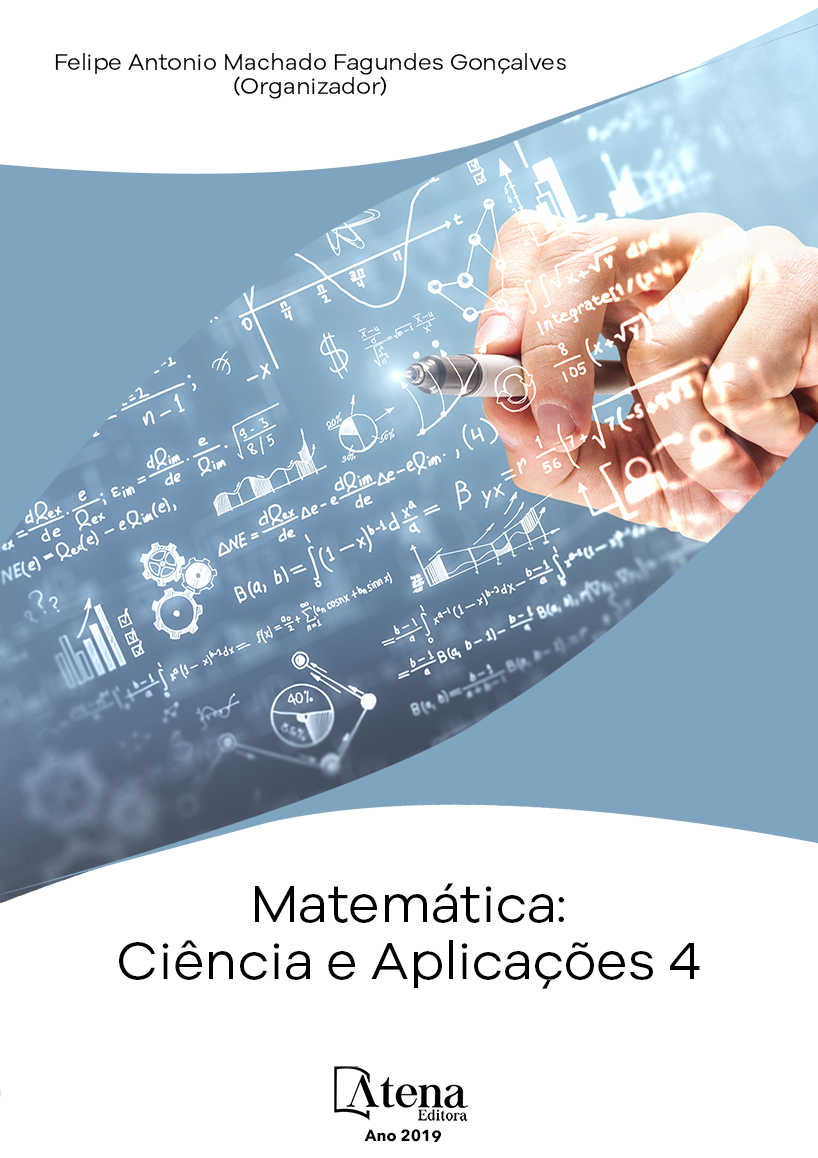
DESAFIOS NA EDUCAÇÃO DE JOVENS E ADULTOS: UM OLHAR PARA O ENSINO DA EQUAÇÃO DE 1º GRAU
Ensinar Matemática na Educação
de Jovens e Adultos (EJA) exige do professor o
conhecimento do contexto e das particularidades
do público que compõem a modalidade.
Desta forma, é importante considerar que
a aprendizagem depende de boas relações
interpessoais em sala de aula, de um ensino que
conquiste a atenção do aluno e o instigue a querer
expandir seus saberes. Considerando estes
fatores desenvolvemos uma aula abordando
o lúdico e a dinâmica de grupo no ensino da
Equação de 1º grau para o módulo VI do ensino
fundamental da Escola Estadual de Ensino
Fundamental São Francisco, da cidade de Três
de Maio - RS. Assim, objetivou-se explorar
atividades e metodologias diferenciadas na
construção da aprendizagem discente de modo
que houvesse diálogo, interação e troca de
ideias do público que compõem a EJA. Quanto
as metodologias utilizadas, o jogo didático é
muito válido já que desperta a atenção do aluno,
promove a cooperação e a vontade de querer
aprender mais; já a dinâmica de grupo propicia
a interação discente, o que muitas vezes
resulta no esclarecimento de dúvidas referente
aos conceitos trabalhados e na superação das
dificuldades de aprendizagem. Os objetivos
propostos foram alcançados, de modo que
podemos afirmar que a EJA é uma modalidade
de ensino que necessita de um planejamento
específico, uma vez que atende um público com
contextos de vida diferentes dos discentes das
demais modalidades e, portanto, os métodos de
ensino abordados devem conquistar o aluno,
promover a interação e a busca constante pelo
conhecimento.
DESAFIOS NA EDUCAÇÃO DE JOVENS E ADULTOS: UM OLHAR PARA O ENSINO DA EQUAÇÃO DE 1º GRAU
-
DOI: 10.22533/at.ed.8671907104
-
Palavras-chave: EJA; Aprendizagem; Dinâmica de Grupo; Educação Matemática.
-
Keywords: Youth and Adult Education; Learning; Group Dynamic; Mathematical Educatio
-
Abstract:
Teaching Mathematics in Youth and Adult Education requires the teacher
to know the context and the particularities of the public that make up the modality. In this
way, it is important to consider that learning depends on good interpersonal relationships
in the classroom, a teaching that wins the attention of the student and instigates him
to want to expand his knowledge. Considering these factors, we developed a lecture
on the playfulness and group dynamics in the teaching of the 1st grade equation for
module VI of the elementary school of the São Francisco State School of elementary
School, in the city of Três de Maio – RS. Thus, it was aimed to explore differentiated
activities and methodologies in the construction of student learning so that there was
dialogue, interaction and Exchange of ideas of the public that compose the Youth and
Adult Education. As for the methodologies used, the didactic game is very valid since it
arouses the attention of the student, promotes cooperation and the will to want to learn
more; already the group dynamics provides the student interaction, which often results
in the clarification of doubts regarding the concepts worked and in overcoming learning
difficulties. The proposed objectives were reached, so we can say that the Youth and
Adult Education is a teaching modality that needs a specific planning, since it serves a
public with diferente life contexts of the students of the other modalities and, therefore,
the teaching methods students must conquer the student, promote interaction and the
constant search for knowledge.
-
Número de páginas: 15
- Jonatan Ismael Eisermann
- Milena Carla Seimetz
- Cláudia Maria Costa Nunes
- Mariele Josiane Fuchs
- Morgani Mumbach
- Fabiana Patricia Luft


